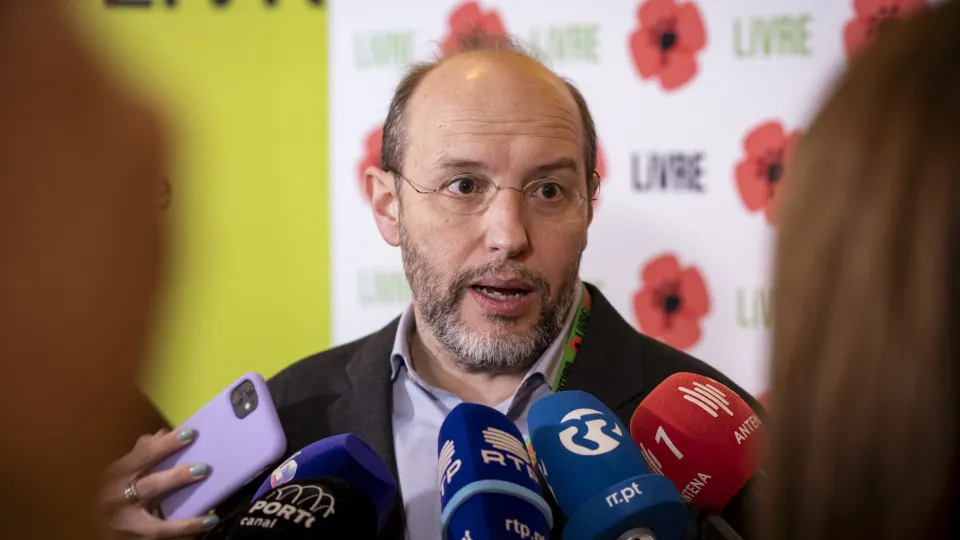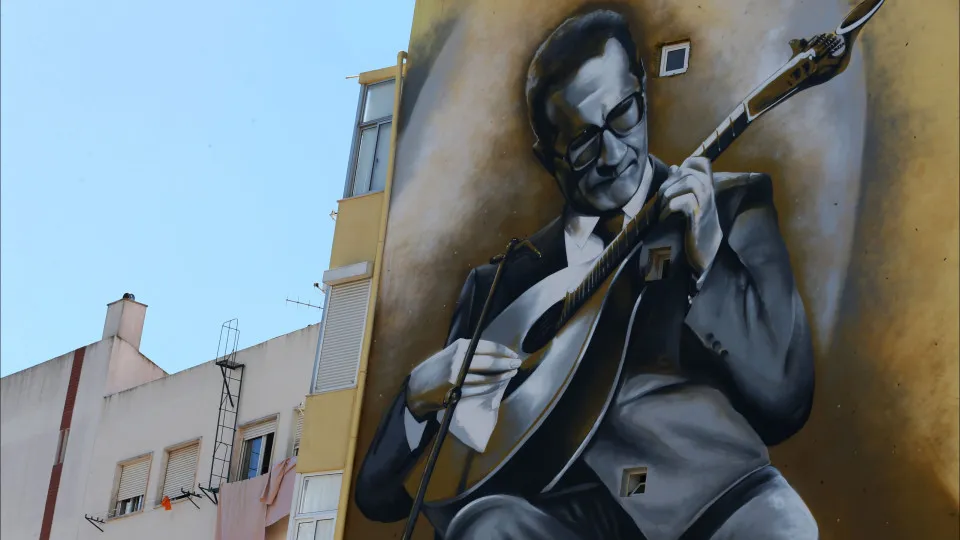
“The Livre is a municipal party, do not forget that.” This statement comes from Rui Tavares, spokesperson for the party, who has repeatedly emphasized during the local election campaign that Livre’s influence extends beyond its parliamentary representation.
Reflecting on 2021, the year Joacine Katar Moreira became an independent deputy and Livre lost its parliamentary representation, Tavares argued that it was from the last local elections that the party began to recover: by 2022, it returned to parliament, now holding six seats.
In local councils, however, the scenario is different: Livre has just eight municipal representatives and is contesting its third local elections since its founding, debuting in many municipalities and parishes.
The electoral campaign demonstrated that Livre’s local presence has room for growth, with events often attracting just around twenty participants, divided between two tours: one led by Rui Tavares and another by Isabel Mendes Lopes, the parliamentary leader and spokesperson.
Greater mobilization was seen in councils like Lisbon, Sintra, and even Coimbra, where the party runs in left-wing coalitions supporting three former socialist ministers: Alexandra Leitão, Ana Mendes Godinho, and Ana Abrunhosa.
In Porto, where the party competes independently and elected two deputies in the last legislative elections, there was also significant participation from supporters.
Expecting to overtake the Liberal Initiative (IL) as the fourth national political force, the liberals were frequently targeted in Rui Tavares’ speeches and declarations.
The spokesperson repeatedly accused IL of planning to dismiss municipal employees, challenging Mariana Leitão to disclose the numbers and questioning whether these layoffs were part of coalition agreements with the PSD and CDS-PP.
The debate intensified over Middle East issues: on the fifth day of the campaign, the IL leader accused Livre and BE of inciting “acts of vandalism” following a pro-Palestinian demonstration in Lisbon.
Tavares labeled the liberal leader’s remark as desperation and demanded an apology, which did not occur. Instead, Mariana Leitão countered that Livre’s rhetoric is “pretentious,” linking it to “far-left” ideologies.
Besides direct attacks on IL, Rui Tavares also indirectly criticized CDU, a coalition of PCP and Ecologist Party “The Greens,” asserting that Livre rejected a uniform approach by contesting every municipality identically.
The strategy emphasized left-wing alignment, a principle the party staunchly promotes: out of 49 candidacies, Livre joined PS, BE, or PAN in about half.
In these coalitions, Livre’s spokespersons frequently campaigned alongside BE leaders, such as Marisa Matias, who stood in for the BE coordinator until Mariana Mortágua returned to Portugal after being detained in Israel.
When questioned about the rationale behind forming coalitions in some areas and not others, Tavares insisted the party must preserve “the credibility of the poppy on the ballot,” a reference to the symbol of Livre, adding that “the people are intelligent” and can discern the situations.
Regarding electoral goals, Rui Tavares did not specify a concrete objective, only expressing a desire to “grow” and have “more local representatives than parliamentary deputies” from the upcoming October 12 elections.




